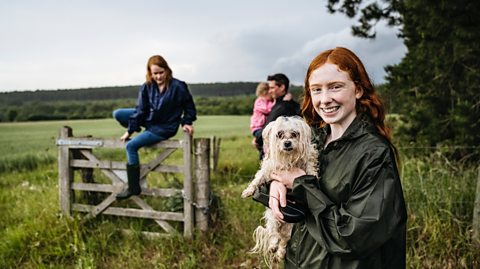 Image source, Lee Randall
Image source, Lee RandallLee Randall is an educational psychologist with EdPsychEd. These are his top tips to help boost your child’s confidence this summer:

1. Understand what confidence is

Confidence is a key component of resilience, and Lee says there are two sides to it that go together: confidence and competence.
“Confidence is about looking forward to future tasks and challenges with positivity, believing you can achieve and get better. Competence is about looking back at things you’ve done and knowing from experience that you're able to achieve things – even if they were challenging to begin with.”
Lee explains that with many children missing out on learning over the past few years, they may have forgotten chunks of their education. This can affect their confidence. Add to that the uncertainty over the future, or the trauma of a lost loved one, and a child’s confidence – and their belief that the world is a safe, positive place – can be shaken.
So, you can boost your child’s confidence this summer by reminding them of their competence. Show them ‘evidence’ of when they handled a task or situation well - like looking after a hurt sibling, working hard and passing a test, or learning to tie their own shoelaces.

2. Help them to keep learning – and keep trying
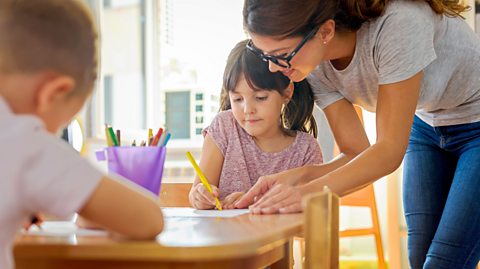
You may have heard about something called 'growth mindset'. This is when people believe they can develop their abilities through dedication and hard work, as opposed to a ‘fixed mindset’ where people believe they cannot change their innate abilities. Lee uses the acronym ‘GEM’ to explain the priorities of a growth mindset: Growth, Effort and Mistakes.
“Growth - is believing growth is possible: a genuine belief that practice and effort with anything will lead to you getting better at it. One way to promote this with children is the ‘power of yet’… in other words, whenever you hear your child say “I can’t do it”, we tag on 'yet' to the end - “You can’t do this…yet'.
“Effort - teaches kids that effort is not just important, but that it’s vital if they’re going to learn anything or get better at it. Helping them to step out of their ‘comfort zone’ and into their ‘growth zone’.
“Mistakes - are the best way to learn and grow. If they’re not making mistakes, they’re probably still in their comfort zone and not taking risks."
If you think about your comfort zone, it's what you can do easily, but it doesn’t teach you anything. If your child does something difficult that they might need help with, they can do it if they put in the effort and that helps their confidence grow.
Think of ways your children can be in their ‘growth zone’ to boost their confidence this summer. For example, riding a bike with stabilisers and then taking them off; swimming in the deep end of a swimming pool; plucking up the courage to ask a neighbour for a playdate; or going into a shop and using money for the first time.

3. Let them become a master
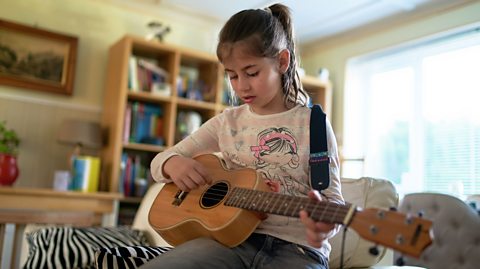
Anything you find difficult initially - that’s a mastery experience. It gives you evidence that you can find something hard and then do well.”
Lee says that to promote competence (and therefore confidence) allow your children to have ‘mastery experiences’. That means learning a new skill and getting good at it. For example: “Learning a magic trick, playing guitar, bottle flipping, piano, yoga, silly stuff…something up their sleeve that their peers might find cool or interesting when back at school or meeting up."
“Anything you find difficult initially - that’s a mastery experience. It gives you evidence that you can find something hard and then do well. Feeling competent in something will give you confidence and esteem from your peers as well.”

4. Make their social interactions easy to handle
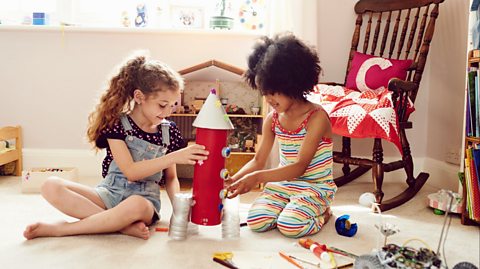
Lee says young children – including pre-teens and those moving up to secondary school – don’t have fully developed social skills. They socialise and interact through doing things - unlike adults who could just sit in a cafe and chat.
“On playdates make sure there's a lot of interesting stuff to do. They’ll talk about the thing that’s happening together, which will coordinate social communication and that’s how it will develop.” This could be as simple as meeting at a park playground, or having a game ready when the playdate starts.
Lee adds that if your child is going into a new place, ask them to talk about what activity they like to do and to find someone who’s doing something they like to do.

5. Connect with your child through their interests
As a parent, Lee has a general tip too:
“Make sure you’re connecting with what your child is interested in. There are lots of things we’d like our kids to do, but if they’re really not into it we need to respect that, go with their interests and get social interaction that way.
"Or find a physical activity they enjoy. Listen to your child, respect that they have a mind of their own and meet them halfway.”
Game of hide and seek anyone?

Parents' Toolkit activities - fun for all the family!
Fun, educational and inspirational activities to keep kids, teens and even parents entertained while you're at home.


More from ≥…»ÀøÏ ÷ Bitesize Parents' Toolkit‚Ķ
Parents' Toolkit
Fun activities, real-life stories, wellbeing support and loads of helpful advice - we're here for you and your child.

Take the stress out of summer - tips for frazzled parents
School’s out for summer, lots of free time for our children but can be stressful if you're trying to work and entertain them. Here are 6 ways to get support.
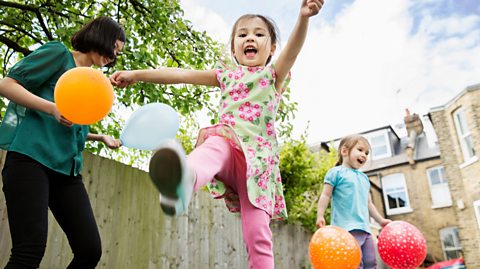
Five tips for helping your kids play and learn by stealth this summer
Dr Anisa-Ree Moses explains the benefits of play for your kids - including boosting their learning and wellbeing.
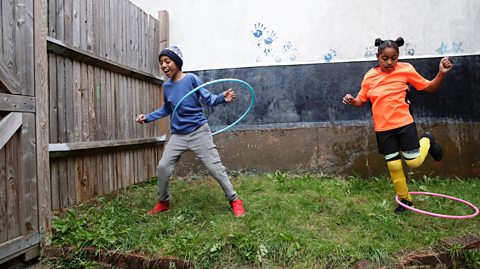
Five ways to build your child’s resilience
Psychology expert Dr Sandi Mann has some advice to help your children adjust to change and deal with anxiety.
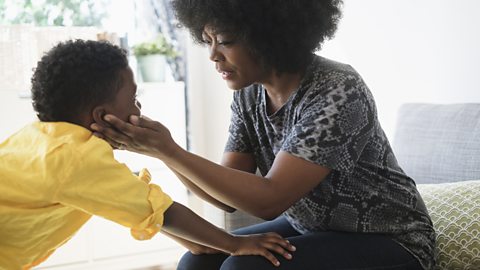
How can I build my child's confidence and resilience? - The Super Tutors
Natalie Costa, 'The Child Whisperer', explains how you can build a 'growth mindset' with your child.
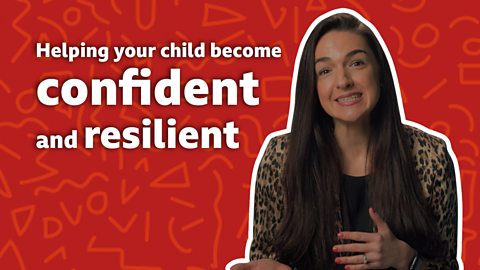
Seven ways to get your kids outdoors
Getting your teens out of the house and into nature can boost their health and wellbeing. Tips on how to do it from parents who are outdoors enthusiasts.
